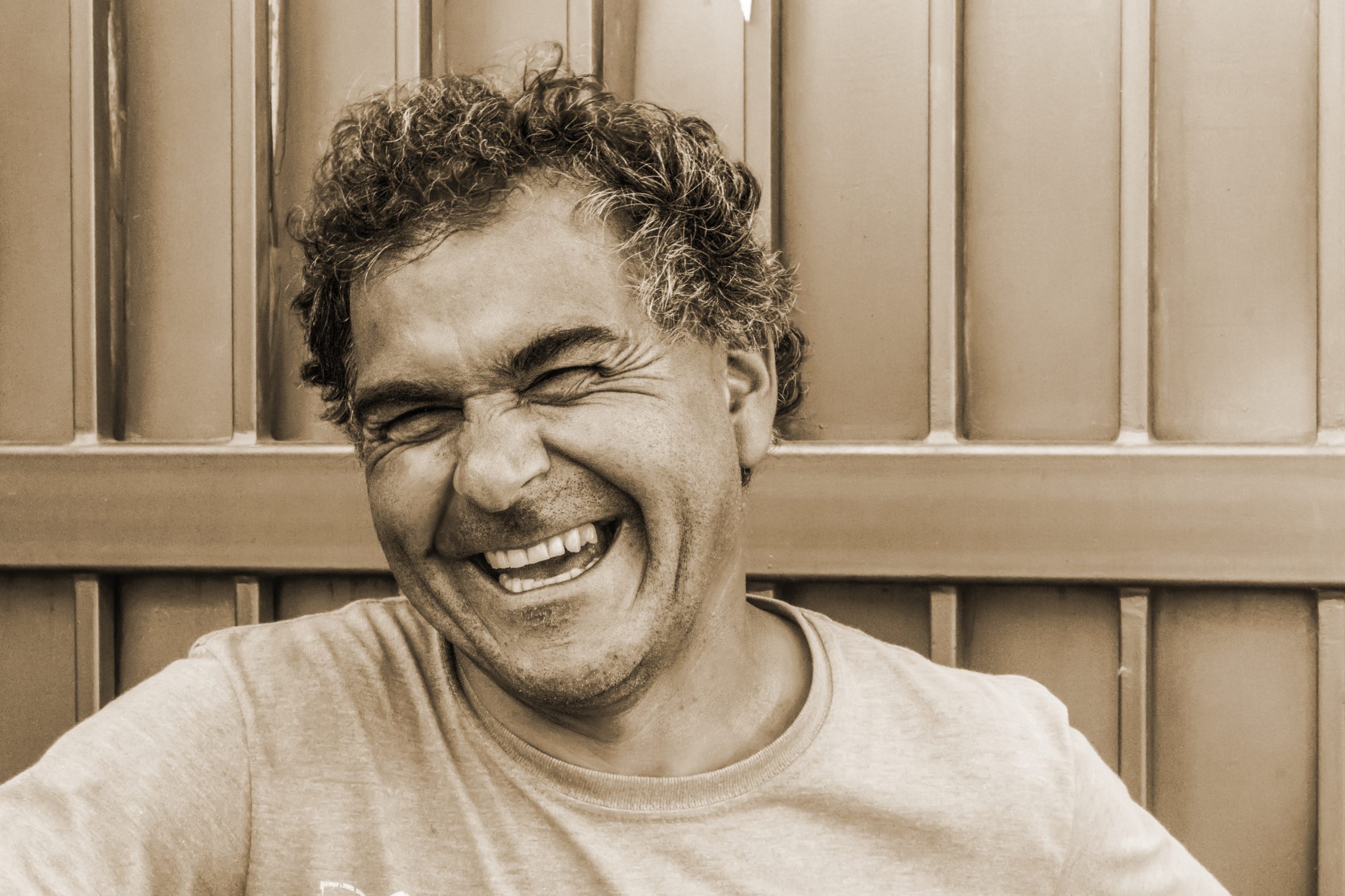Some relaxed holiday season reading on the science of happiness. We are in the last week of the Year before the holiday season, and mentally we might already be preparing for the next few weeks off. I wanted to share my notes that I took during a study course at Stanford led by one of the world’s leading experts in the science of happiness. Thank you Professor Rod Kramer for your inspiration. The findings below are research based, yet I have also added my personal observations.
Let’s kick off with an obvious question:
Does happiness matter and what’s in it for you?
It absolutely does, research suggest that happier people:
- Make better decisions
- Have a higher quality of social relationships and more of them
- Report better physical wellbeing
Many good arguments that suggest that happiness really matters as a quality of life determinant.

What is our biological pre-disposition?
Humans have a biological pre-disposition that influences how we feel:
- Approximately 50% of our happiness is biologically pre-set in our DNA.
- Approximately 40% is influenced by how we think and what is in our head.
- Approximately 10% is the specific life circumstances – the house we own, the car we drive etc.
Reading this is sometimes in stark contrast with what we pursue in life. So from here I wanted to share some of the findings on what activities specifically drive happiness.
What makes us happy?
- Deep and enduring happiness comes from doing things you perceive as intrinsically worth doing – non-calculated activities – very often the small daily things that we can learn to appreciate – cooking, exercising, playing an instrument etc.
- Decreasing self-focus and instead directing our attention towards other people’s happiness and wellbeing is a powerful source of happiness. Take any interest or passion you have and find a way to share it.
- Some psychologists speak about “finding your flow”. When we are deeply involved in trying to reach a certain goal, or an activity that is challenging yet well suited to our skills, we experience a joyful state – the flow. Think off a situation when we you were crazily, positively obsessed by a goal and saw progress every day.
- Relationships. Unsurprisingly, people who have more close friendships are happier. What matters the most is if and how often we cooperate in activities and share our personal feelings with a friend or relative.
- When possible, seek to combine happiness-inducing strategies (e.g., integrate your pursuit of a personal passion with helping or mentoring others learn it, pursue it) in other words lets share it with many people around us

Can money buy happiness?
This question is a very old one. Numerous studies suggest that once we get above a certain threshold, not really. That threshold is reportedly around $60,000 USD, after that our perceived happiness flatlines. Another interesting observation is through the impact of social comparisons on our happiness. One of my friends said to me “everything is about how you compare against the others”. Unsurprisingly, downward social comparisons make us feel happier and upward social comparisons tend to make us feel worse – the old “our neighbours have a better house and more luxurious holidays” feeling.
Lastly, some “happy budgeting tips”:
- Buy more time by outsourcing – Think of some off the stuff you really do not enjoy doing, if you can afford to outsource it, you will enjoy your “Saturday’s” more.
- Pay now, consume later – I know the time value of money is rationally suggesting the opposite, but many of us might remember the feeling when returning from an amazing holiday that we paid for 3 months earlier, as opposed to an outstanding bill that must be paid off over the next 12 months.
- Make luxury spending more of a treat – The scarcity principle, going out for a fine dinner less frequently will feel more special.
- Purchase experiences, rather than things – These have a more lasting effect on happiness.
A quick holiday checklist:
If you have 5 minutes, do this little pre-holidays exercise – take a sheet of paper and make a list. Write down those experiences that make you happiest:
- What activities in your life currently produce the greatest levels of happiness for you?
- What do you most enjoy doing?
- Who are you with, if anyone, when doing those activities?
- Why do these activities and these people make you happiest?
Then look at the list and compare it against how much time do you dedicate to doing those things.
Looking Ahead:
- How do you want to use your ‘remaining time’ on this planet?
- What would you like to start doing more of?
- What would you like to stop doing more of?
I hope you enjoyed the reading and have a great holiday break.

